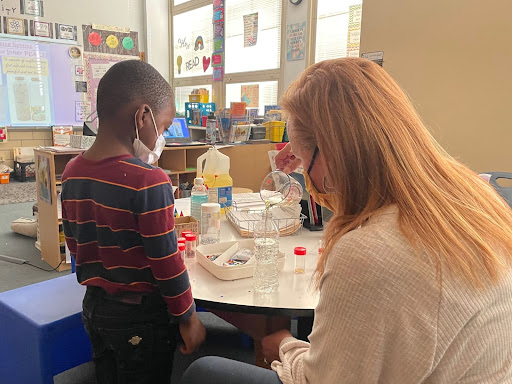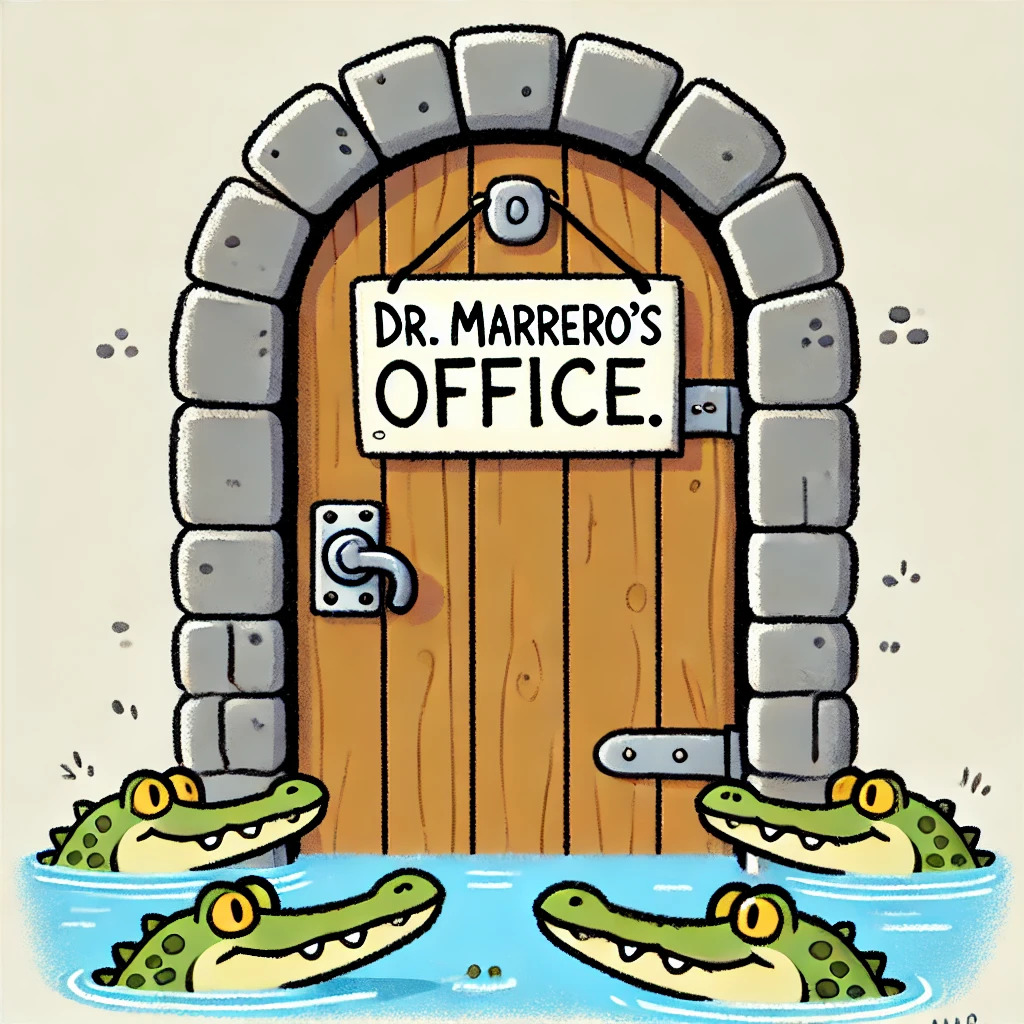Editor’s note: The following article was written by Denver innovation school parents Jessie Paige, Emily M., Y. Dougherty, and Liz B. The authors asked that their full names not be used.
Much has been said and written over the past few weeks about the Denver school board’s clear intention to rein in the district’s 52 innovation schools, with the potential consequence of irreparably damaging their unique programs and approaches.
As a group of innovation school parents, we see four clear reasons why placing so-called ‘teacher rights’ above the interests of students represents an unnecessary step in the wrong direction.
First, innovation schools do not deny teachers their rights – quite the contrary. Teachers in innovation schools feel empowered to be the true professionals the best teachers aspire to be. Teachers in innovation schools vote on innovation plans, and no plan is adopted without at least 60 percent teacher support.
Innovation plans, in fact, empower teachers more directly and meaningfully than a group of a dozen Denver Classroom Teachers Association representatives – all of whom, by the way, are white – could ever hope to do while negotiating a new collective bargaining agreement with Denver Public Schools.
Implementing blanket policies mandating, for example, the number of hours teachers work, and for what reasons school leaders can offer bonuses, not only kills innovation, it poorly serves the district’s students.
Second, children are not all stamped out of the same mold. They bring unique gifts, talents, and needs to their learning experience. To address those gifts, talents, and needs, a school district must provide a wide variety of school models and programs.
One size does not fit all, yet we fear that curtailing innovation schools would lead to a standardization of approach that would harm many students, and especially those facing the most daunting challenges.
Third, school leaders and communities need as much control over their budgets and staffing as possible to run their programs effectively. Mandating, for example, additional staffing so that there are paraprofessionals in every classroom might sound like a good idea when considered superficially.
But this would likely have the unintended consequence in many schools of eliminating specialized teachers dedicated to addressing the specific needs of particular populations, all in the name of reducing teacher-adult ratios. This is the worst form of reductive thinking.
Fourth, it is the height of absurdity to mandate a 40-hour work week. Any teacher worth his or her salt – whether in an innovation school or a traditional school – works far more than that just to perform the bare minimum requirements of the job.
In fact, the issue about teacher workload has nothing to do with innovation schools per se. Teachers in all kinds of schools – traditional, innovation, and charter – typically work more than 40 hours per week, as do people in many other professions.
It is clear to us that the so-called executive limitations on “Standard Teacher Rights and Protections” represent a solution in search of a nonexistent problem. The Denver Board of Education would be wise to turn its attention instead to the profound challenges facing the district as we cope with the fallout from two-plus years of disrupted learning.
That would be time well-spent.




